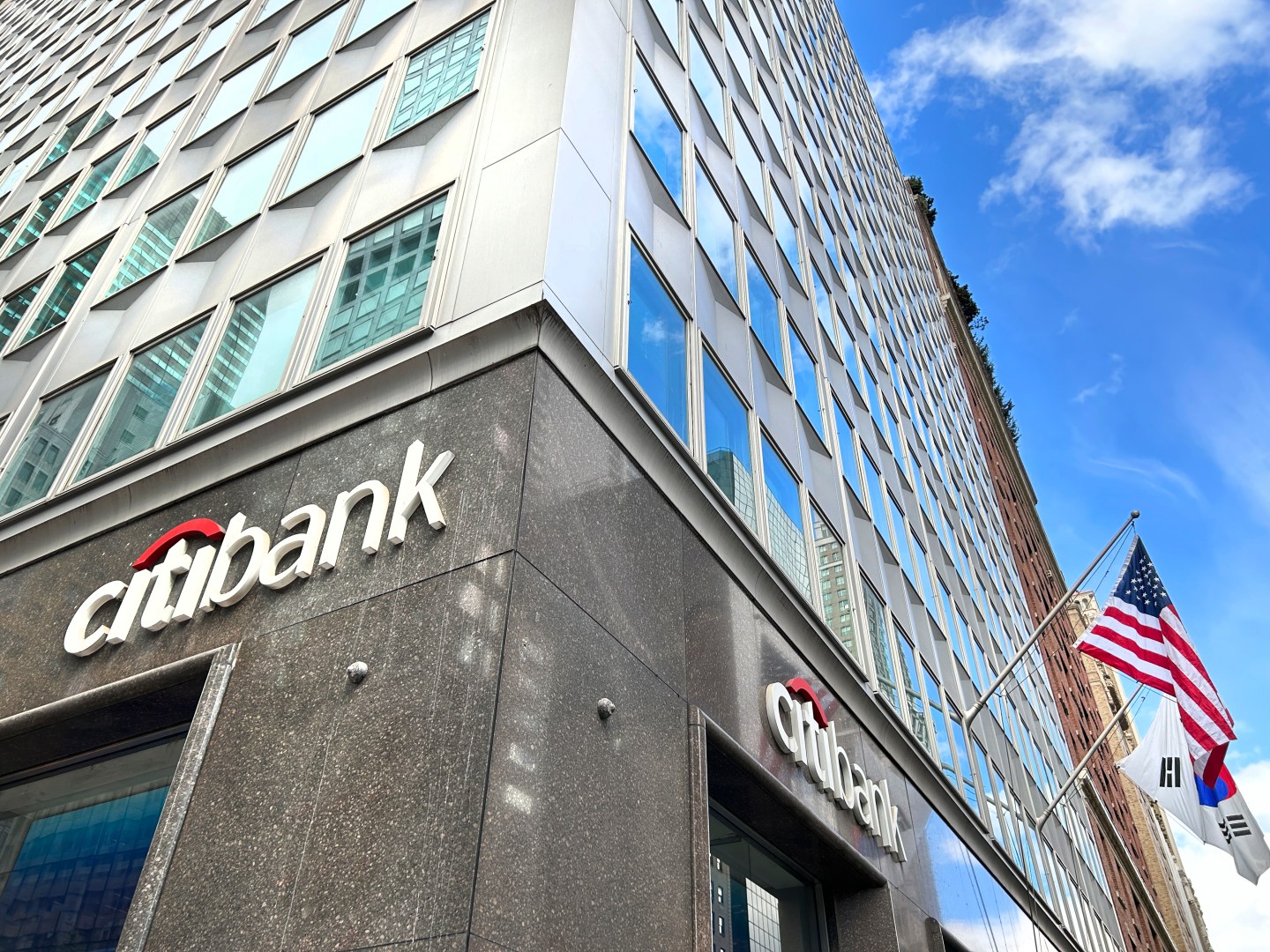Good morning. Top accounting talent remains essential in the financial services industry.
Citigroup intended to send $280 to a customer account, but instead credited the account with $81 trillion, the Financial Times reported on Friday. The mix-up occurred last April when an erroneous internal transfer was missed by a payments employee. And then, a second official, tasked with checking the transaction before it was approved to get processed at the start of business the following day, missed the error as well.
Fortunately for Citi, a third employee came to the rescue and detected a problem with the bank’s account balances. The employee caught the payment 90 minutes after it was posted. Several hours later, the payment was reversed, according to the Financial Times.
Citi confirmed that the error stemmed from a manual error and was unrelated to any finance-related controls or accounting-related controls.
“Despite the fact that a payment of this size could not actually have been executed, our detective controls promptly identified the inputting error between two Citi ledger accounts, and we reversed the entry,” a Citi spokesperson told me via email. “Our preventative controls would have also stopped any funds leaving the bank.”
The mixup didn’t harm the bank or Citi’s client, according to the spokesperson, but the episode “underscores our continued efforts to continue eliminating manual processes and automating controls through our transformation.” The firm did not confirm the dollar amount of the transaction.
Regarding Citi’s transformation, the company spent $11.8 billion on technology in 2024, CFO Mark Mason said during its Q4 2024 earnings call in January. The focus was on “digital innovation, new product development, client experience and other areas such as cybersecurity,” Mason said.
Stacey Ritter, assistant professor of accounting at Santa Clara University’s Leavey School of Business, researches firm behaviors in financial accounting and auditing. I asked for her assessment of Citi’s situation.
“Human error is inevitable, which is why strong controls are essential—not just to prevent mistakes, but to detect and correct them quickly,” Ritter said. Although an error occurred at Citi, it was identified and remediated within 1.5 hours, she said.
Last year, Citi had a total of 10 “near misses” of $1 billion or greater, the Financial Times reported. Near misses are when a bank mistakenly credits a customer’s account with the wrong amount but can recover the funds.
A key to minimizing these risks is maintaining robust controls and attracting top accounting talent, Ritter said. However, the accounting profession is facing a significant pipeline problem, and companies are already feeling the impact, she said.
There’s a growing shortage of certified public accountants as seasoned practitioners are retiring. Meanwhile, accountants with heavy workloads are experiencing burnout. At the same time, it has become a challenge to attract the next generation of accountants.
But incorporating technology in the workplace could be a draw, Steve Zabel, the CFO of insurance benefits provider Unum Group recently told me. It’s crucial to provide employees in finance and accounting roles “an experience that feels modern,” Zabel said.
Sheryl Estrada
sheryl.estrada@fortune.com
Leaderboard
Elizabeth Overbay was appointed CFO of Goldman Sachs Group’s wealth management division, which manages $3.1 trillion in assets, according to Reuters. Overbay will succeed Thomas Manetta, who is taking on a role within the bank’s human resources team, focusing on corporate compensation. Overbay currently holds the position of CFO at Goldman Sachs Bank USA, as well as COO and CFO of Platform Solutions, and chief administrative officer of Enterprise Partnerships.
Ronald J. Fior was appointed interim CFO of Bumble Inc. (Nasdaq: BMBL), effective March 15. Fior is currently serving as a consultant to the company. His appointment follows the previously announced resignation of Anu Subramanian, CFO, effective March 14. Fior is currently a partner of FLG Partners, LLC, a financial consulting firm specializing in CFO and board advisory services, and brings over 30 years of CFO experience to Bumble.
Big Deal
“Building Wealth: Insights on Women’s Aspirations & Growing Financial Power,” is a new report by the CFP Board, the professional body for personal financial planners in the U.S.
Regarding financial investment choices, 69% of women consumers surveyed report being their households’ primary decision-makers. Among married women respondents, 60% are the main investment decision-makers in their households, according to the report. More than half of women (56%) believe financial planners are best equipped to help them achieve their financial goals, more so than online tools and other resources.
Going deeper
“To Retain Employees, Promote Them Before the Job Market Heats Up,” is a new report in Harvard Business Review. As labor markets regularly swing from firm-friendly to job seeker-friendly, five years’ worth of research provides some insight for employers.
Drawing on turnover data for over 11,000 managers from 2018 to 2023, the researchers found that promoting employees during employer-friendly labor markets reduces the likelihood that these employees will quit later when the job market shifts in their favor. They offer suggestions for companies looking to increase talent retention rates.
Overheard
“Tariffs are actually, we’ve had a lot of experience with them. They're an act of war, to some degree.”
—Warren Buffett, legendary investor and CEO of Berkshire Hathaway, commented during an interview with Norah O'Donnell on CBS News Sunday Morning when asked about how tariffs will affect the economy.
